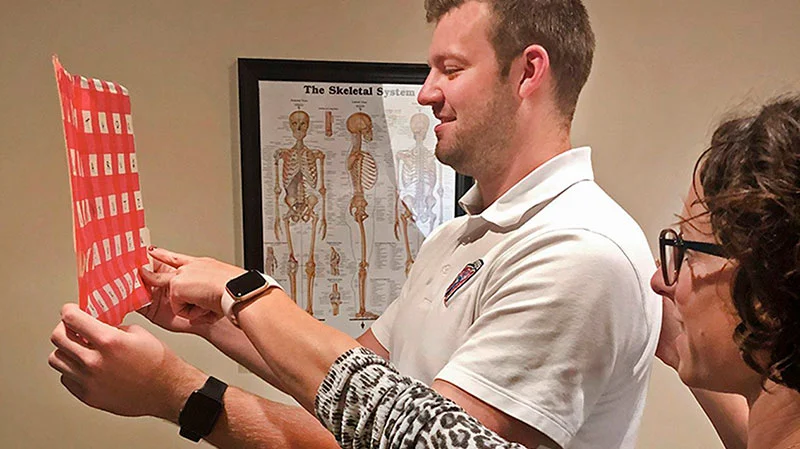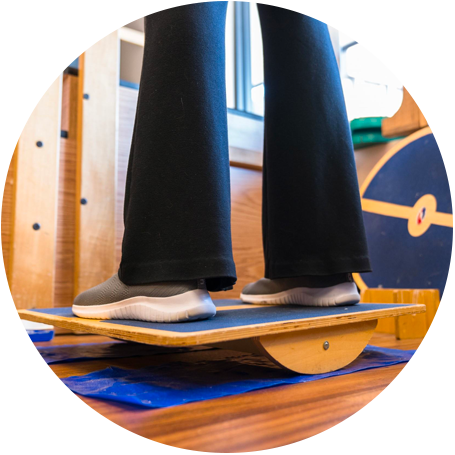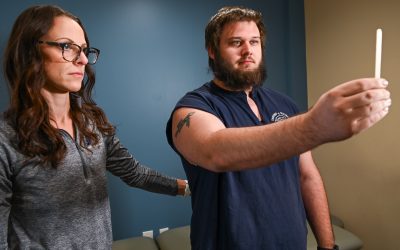Vestibular Therapy
At the Lifeline Therapy Vestibular and Balance Center, our personalized, advanced protocols and commitment to excellence help our patients achieve a better, more productive life.

“I did a telehealth session with Rachel concerning a severe case of vertigo. She worked me through various exercises that over a short period of time brought me relief. I would recommend Rachel to anyone having vertigo issues.”
JIM M.
Schedule an Appointment
Office Locator
Make a Payment
Your Personal Independence Program
Dizziness and vertigo are symptoms, not a diagnosis or disease. Under the direction of Dr. Rachel Long, a certified vestibular therapist with 10 years of experience and a history of tremendous outcomes, Lifeline utilizes state-of-the-art diagnostic equipment and treatments to help determine the cause of vertigo or balance problems. We then alleviate the associated symptoms through manual-positioning techniques and/or vestibular and balance exercises.
It’s important to know that while vestibular and balance disorders can be debilitating and unnerving, there are treatment options that can help you return to the highest function possible.


We Treat the following conditions including, but not limited to:
- Acoustic neuroma
- BPPV
- Concussion
- Labyrinthitis
- Migraines
- Ménière’s Disease
- Persistent Postural Perceptual Dizziness (PPPD)
- Stroke
- Vestibular Neuritis


